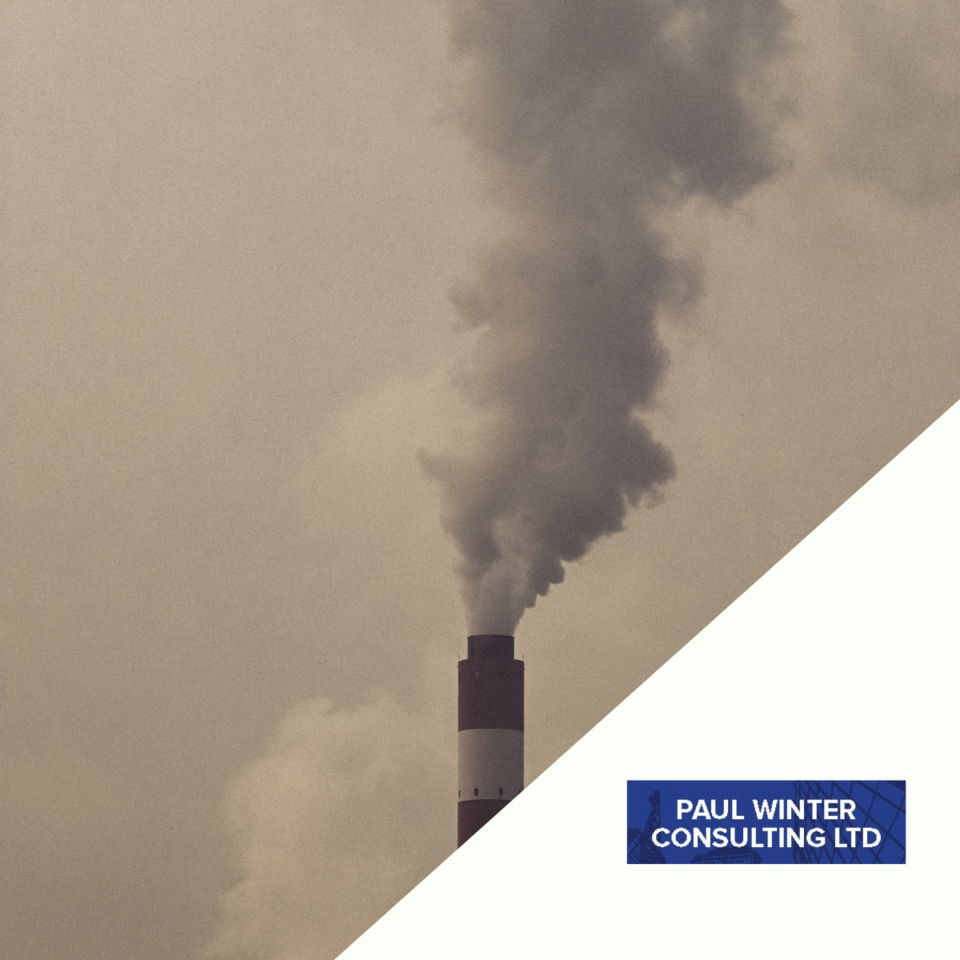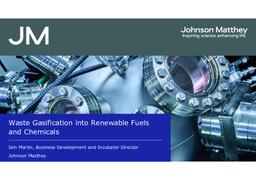Aviva to divest 3 EfW plants following ‘challenging’ independent review

UK-based insurance company Aviva hit the headlines last week as they made the difficult decision to ‘divest’ 3 Energy from Waste plants.
The decision comes after an independent review found the technology used was ‘challenging’ and the plants unprofitable, with combined liabilities of £278 million at the end of 2022.
The news has hit hard, furthering the already negative discourse surrounding waste incineration and Energy from Waste facilities. But, what’s the real issue behind the headlines?
Complex gasification technologies
Firstly, the 3 EfW plants in question, based at various locations across the UK - Hull Energy Production Facility, Biomass UK No 2 (Barry Dock) and Boston Energy Production Facility - are gasification plants.
This is significant because the gasification process is often considered to be a fairly difficult and unforgiving process requiring complex biomass feedstocks.
What’s more, it can be challenging to optimise the gasification process due to the complex interactions between process steps, including the cleaning of syngas to remove impurities like tar, particles, and toxic gases. This not only makes the process difficult but also costly, with the potential to drive up operational costs and eat into profits.
The importance of feedstock
Aviva’s independent review also shows that the Hull and Boston plants switched to burning solid-recovered fuel and refuse-derived fuel when their gasification technology failed to perform.
But, changes to the feedstock mixture can cause huge instabilities in an already unstable process, leading to costly errors and sharp declines in syngas yield.
Furthering the negative discourse surrounding EfW plants
And, despite these very specific issues that seem to have lead to the eventual decision by Aviva to divest the plants in question, the recent headlines have served to further the negative discourse already surrounding Energy from Waste, where critics are able to use the failure of these 3 plants as tangible examples of why EfW ‘doesn’t work’.
However, the reality is that Energy from Waste does work and does have a very prominent place in waste management; the real issue with Aviva’s 3 failed EfW plants seems to come down, essentially, to user error rather than an issue with EfW plants and their output.





Please sign in or register for FREE
If you are a registered user on Energy from Waste Network, please sign in